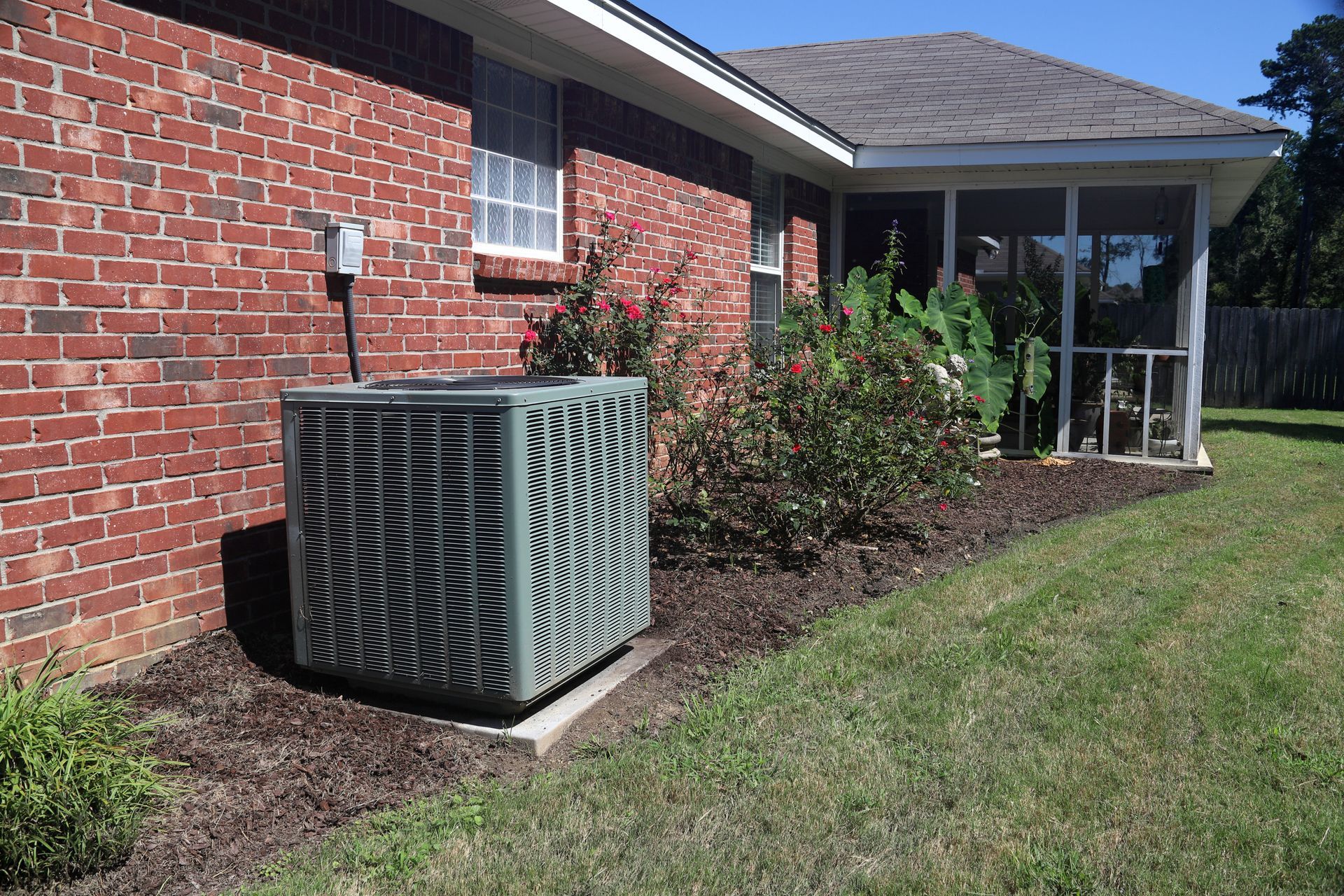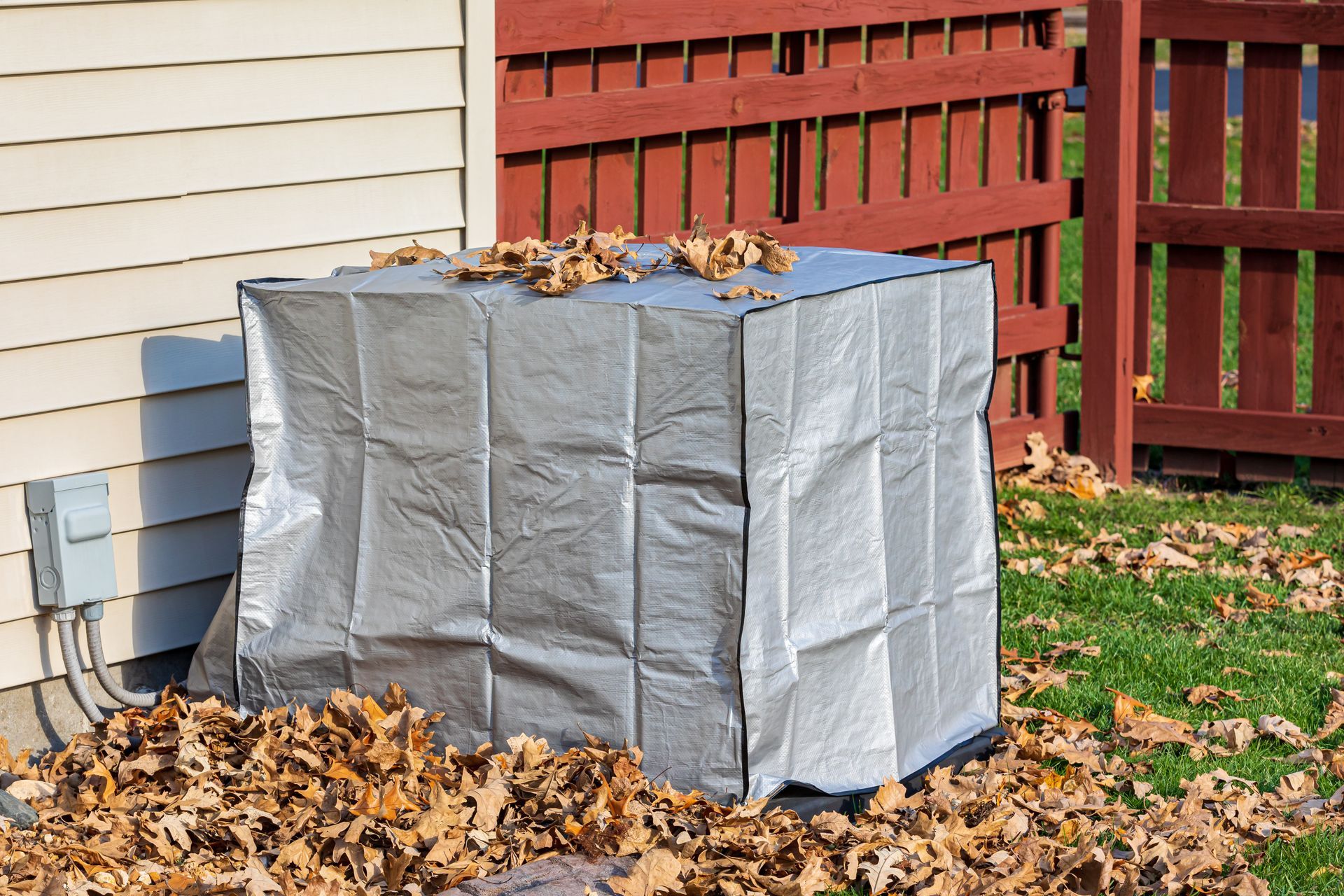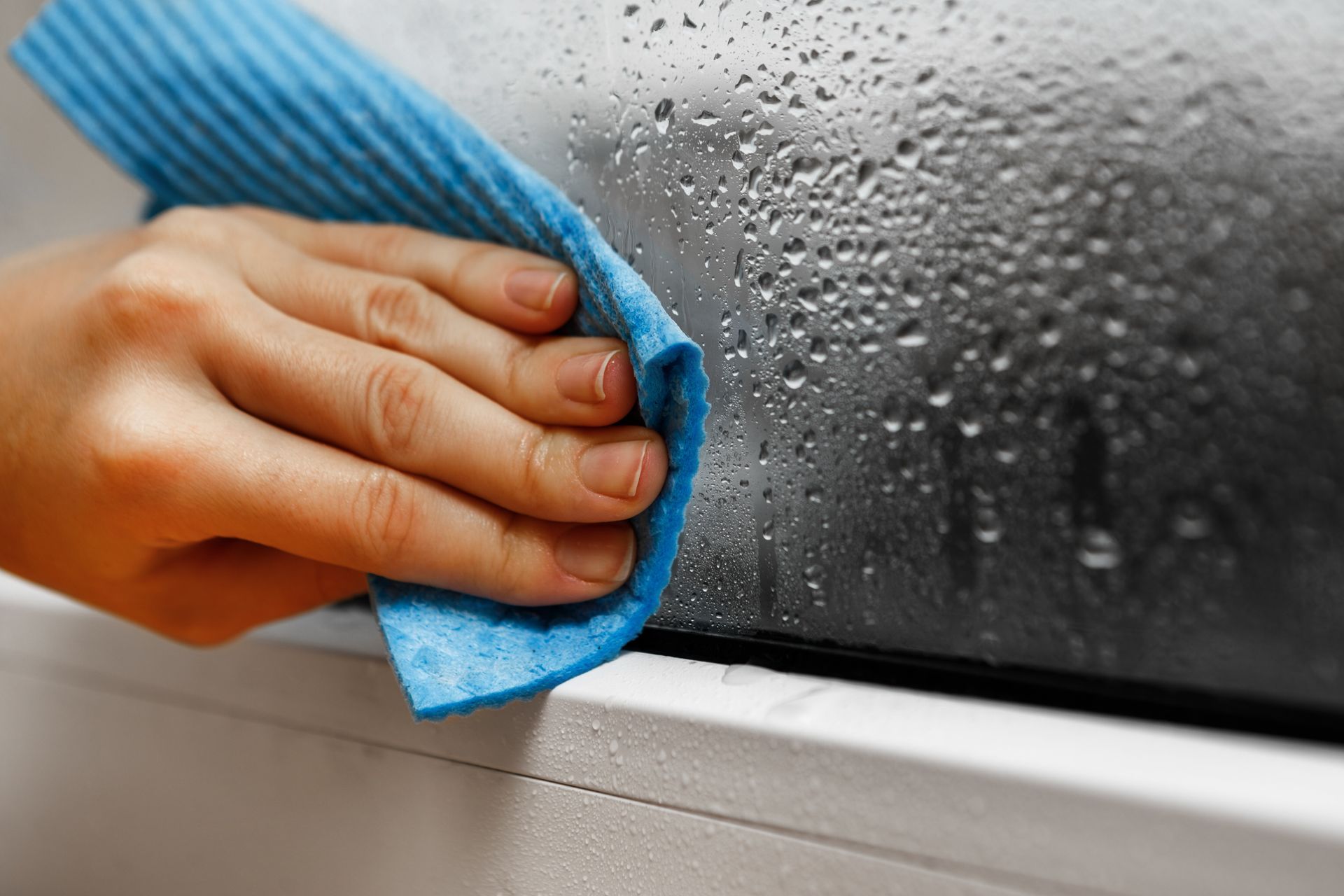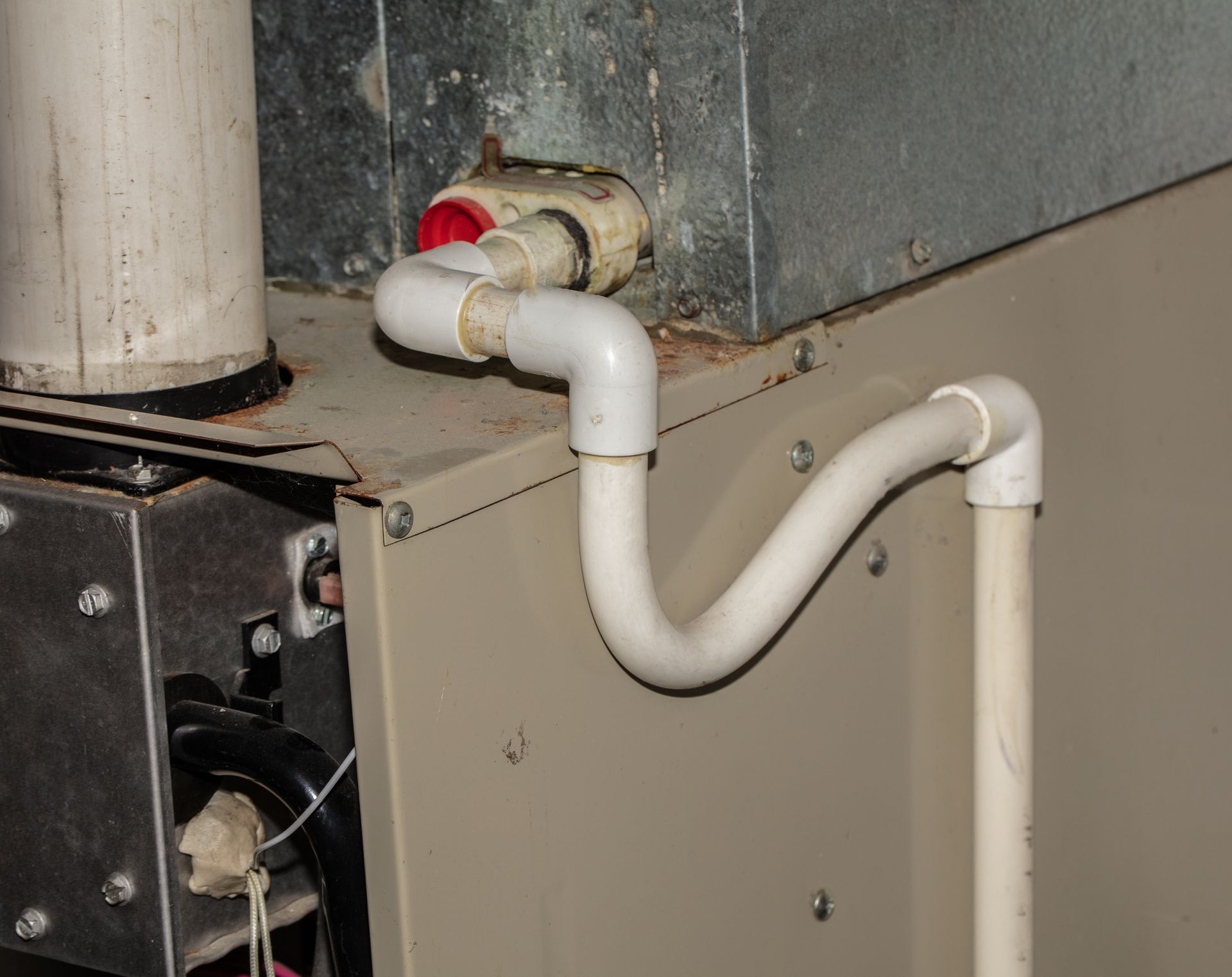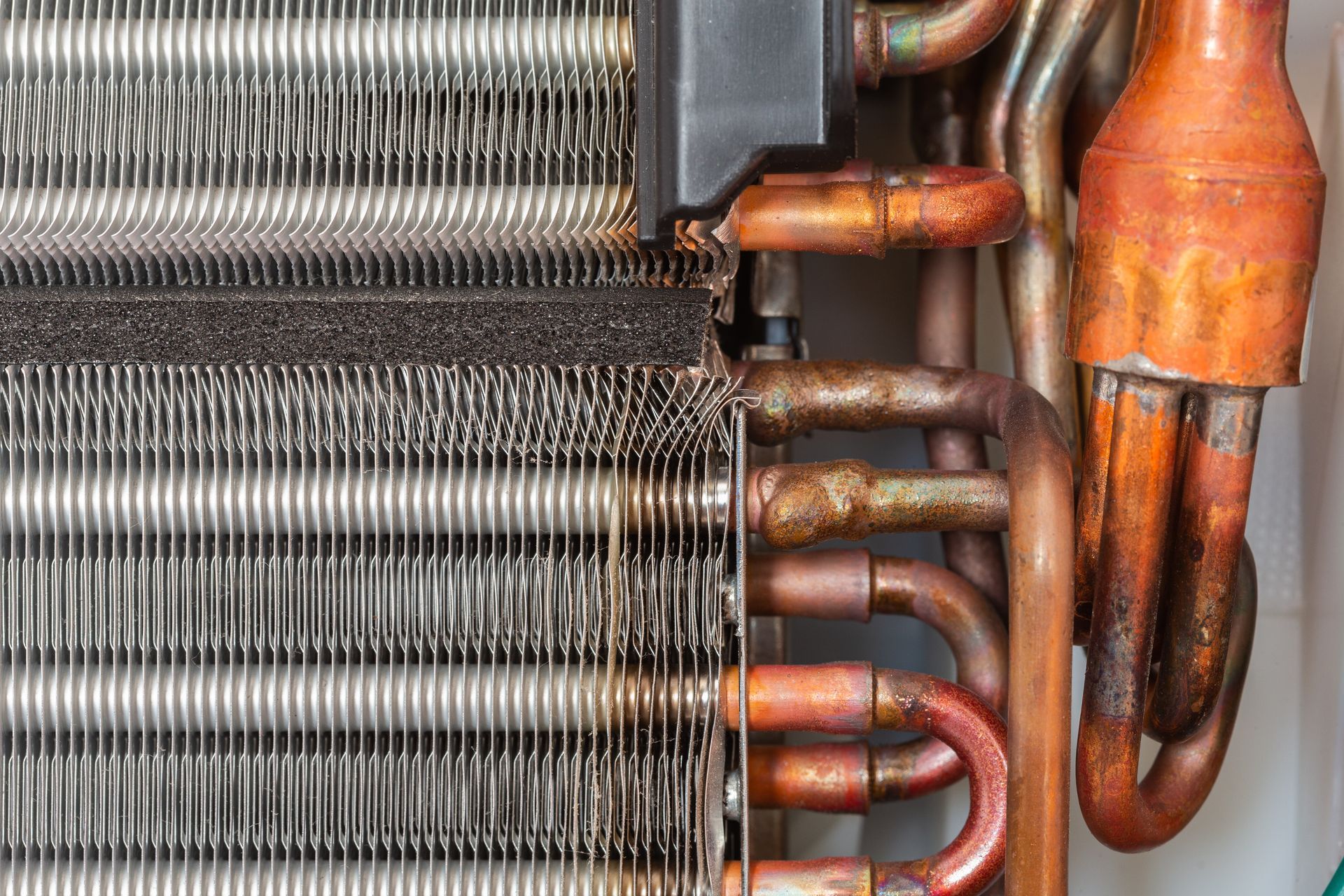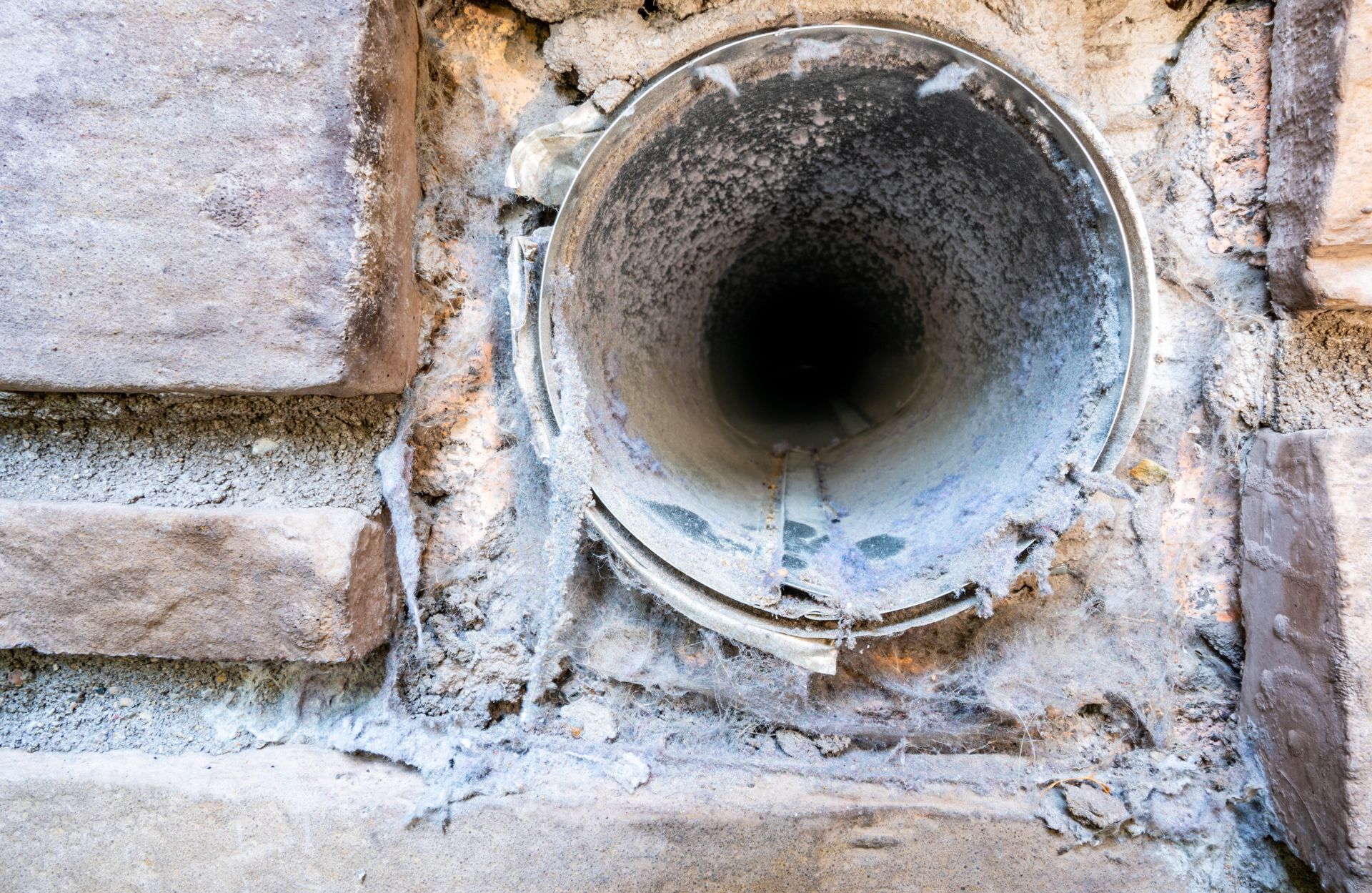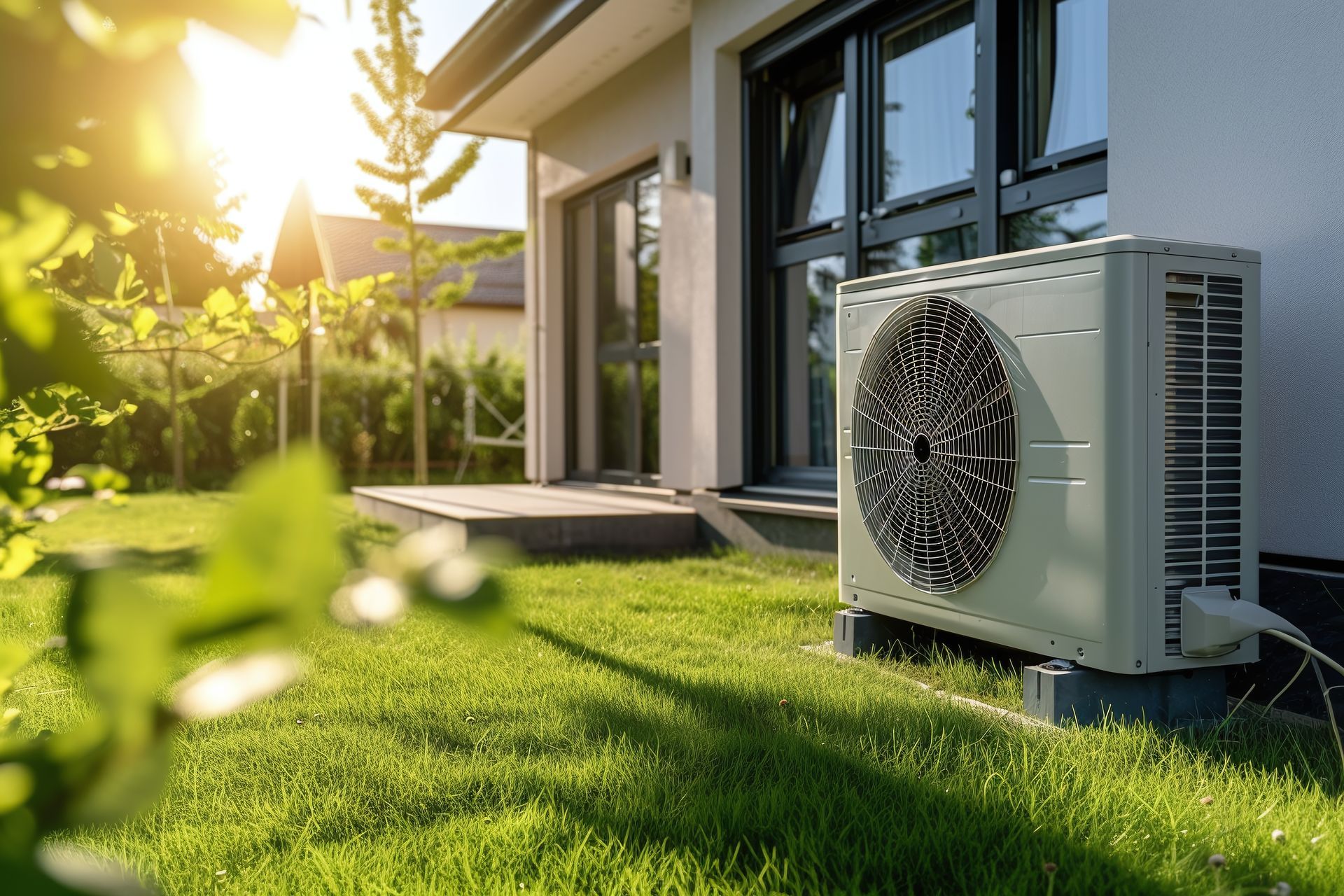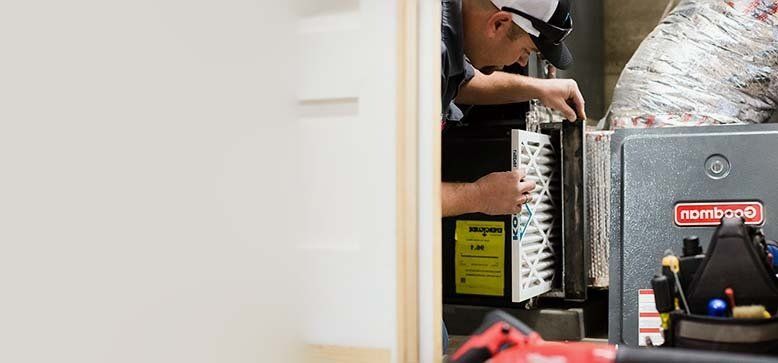Gas vs Electric Heater
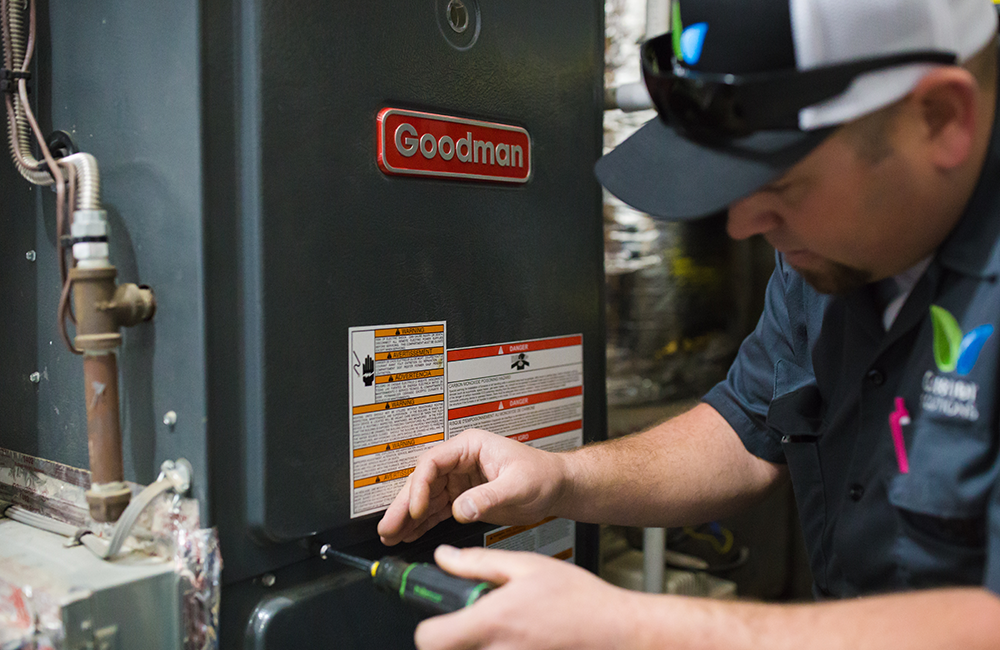
When the time comes for you to consider a heater replacement, you will have to decide on what type of heater is best for your specific needs. Electric and gas heaters are both effective, but each come with their own set of unique pros and cons that consumers will have to account for when making their upgrade.
What is the Difference Between Electric and Gas Heaters?
There are several differences between how gas and electrical heaters operate. Gas burning heaters utilize a central boiler to ignite the fuel (LPG, natural gas, or oil) which heats water within the heating system. This heated water is circulated through a home via pipes to radiators that will heat rooms through convection. It is important to remember that these systems are hooked up to a gas line which provide the fuel that is burned off. While these systems are generally safe, they still can cause gas leaks as well as produce harmful byproducts of combustion like carbon monoxide.
Electric heaters typically used to use separate heating appliances in each room that would radiate heat to warm a room. Historically, these systems were not centralized but electric heating technology has improved so much that central electric heaters are gaining traction and are much more available and popular than they once were. These systems use coils made of materials that heat as electricity is passed through them to warm a room or a home.
Pros and Cons of Electric Heating
Advantages of Electric Heaters
- Several available options including heat pumps, central storage heaters, and even smaller room heaters
- Does not release dangerous gasses as a byproduct of combustion
- Minimal maintenance, upkeep, and cleaning
- Newer central electric heating systems come with smart controls and are highly efficient
- Smaller individual room heaters can be transported and easily used where needed
- Electric radiators are easier to install than central gas heating
- No background noises
- More ecofriendly
- Much safer without combustible fuel sources
- Less risk of water damage caused by leaking or damages pipework
- Longer lifespan
Disadvantages of Electric Heaters
- Higher costs for heating
- Slower time to warm up a large area
- Older units are not rated as high efficiency
- Older storage heater models can contain asbestos
Pros and Cons of Gas Heating
Advantages of Gas Heaters
- Cheaper costs for heating
- Easier to maintain a constant temperature
- Heat large areas
- Can warm the entire house relatively quickly due to central heating
Disadvantages of Gas Heaters
- Produces byproducts like carbon monoxide from burning fuels that need to be ventilated safely
- Burning fossil fuels contributes to global warming and climate change
- Potential for future ban on gas burning appliances in certain markets
- Need regular checkups and maintenance
- High costs for installation and repair
- Potential fire hazard if there is a gas leak
- Shorter lifespan due to the wear and tear caused by circulating water
- Need to have piping and venting installed to ensure that the system can operate properly
- Audible noises that are made when the boiler heats water and circulates it through a home
- Less efficient with heat being dissipated as hot water is passed from the central boiler to the radiators
Electric vs Gas Heater Costs
Determining which heating system costs more when used is up for debate. The input cost of a gas unit vs an electric unit to heat the same space is much more in favor of gas heaters. Generally, the average price of a single kilowatt hour (kWh) unit of gas is ¼ of what it costs when using an electric heater. That being said, gas heaters are generally much less efficient and lose about 10% of the energy at the boiler and even more as the heat is passed through the system to each individual radiator. Additional efficiencies can be introduced into electric heaters by using smart systems that help prevent the use of heat during peak hours when electricity is most expensive.
In addition to the cost of heat, the cost of the unit itself is much cheaper if you go with an electric heater. New electric heaters can cost anywhere between $1000 - $2500 when gas heaters can cost upwards of $4500. This is just for the unit itself and does not cover installation which is also more expensive if you go with a gas heater.
Electric vs Gas Heater Efficiency
Modern electric heaters are typically 100% efficient which means that every kWh used is turned into heat, where a gas heater generally falls between 55 – 97% efficient. The energy efficiency of a gas burning furnace really depends on how much of the fuel is turned into heat. While this seems like a clear-cut win for electric models, gas heaters do have an edge in the speed in which it can warm a home. Since gas heaters are central, they can warm a large space much quicker which can result in lower overall usage.
Electric vs Gas Installation
The installation process for electric heaters and gas heaters is a clear-cut win for electric heaters. This is because gas heaters need to have proper piping and ventilation for the heated water and harmful byproducts that are generated when warming the water. This means that installing a gas heater requires a much more intensive installation that requires plumbing, HVAC, and contractor services. The time in which it takes to install a new gas heater without the existing gas heater infrastructure can be several days. This is because contractors must get into the floor and walls to create the necessary support to help your gas heater operate properly. On the flip side, electric heaters can be introduced with minimally invasive construction, if any at all. That’s not to say that it doesn’t come with its own headaches, but minor electrical connectivity issues rarely require a contractor to demo portions of a home to properly install necessary substructures like gas heater require. It is recommended that both installs are done professionally but the main difference is that electrical heaters can usually be installed in a few hours rather than a few days.
Electric vs Gas Heater Maintenance
Maintenance for electrical heaters vs gas heaters is also a win for electrical heaters. Modern electrical heaters generally require zero maintenance unless something is broken. That’s not to say, on going check ups are not recommended, but it is much less likely that maintenance will be needed for electrical heaters. Gas heaters, on the other hand, will break down with wear and tear due to how they operate mechanically. There are a lot of mechanical components that need to operate properly with a gas furnace. These components are all prone to wear and tear and will eventually break down and need to be replaced or repaired. In addition to standard wear and tear of mechanical components, there can also be corrosion or build up caused by the water circulating through the system.
Electric vs Gas Heater Lifespan
Generally electric heaters are known to last twice as long as gas heaters due to the same reasons why gas heaters need much more maintenance. The components of a gas heater are much more likely to break down and need servicing. Overtime, the costs of repairs may exceed the cost of a new unit which result in needing a new gas heater. The average lifespan of a gas heater tops out at 20 years while an electric heater can last up to 30 years.
Electric vs Gas Environmental Impacts
Gas heaters rely on burning fossil fuels which is why they are typically a home’s biggest source of CO2. The CO2 generated by gas heaters typically exceeds the CO2 produced by a family’s driving which is horrible for the environment. That doesn’t mean that electrical heaters don’t create carbon at the power plant but as our economy shifts over to sustainable energy, electrical heaters will contribute much less of an environmental impact. The other thing that should be considered when planning is that there is a strong possibility that gas appliances will be discouraged or eliminated altogether.
Is Electric or Gas Better?
The above characteristics generally lean towards electric heaters being the superior system but determining which heating system is better for your household can be complicated because each household has its own individual needs.
Generally, gas heaters are recommended if your home is large, has access to natural gas, and is in a colder climate. The initial costs of these systems will be offset by the lower cost of heat. On the other hand, electric systems are recommended if your home is smaller and is in more mild climates.
Making the Switch to Electric
Whatever system you decide on, contact a licensed HVAC professional at GS Home Services to schedule a consultation to discuss your options. We have a wide variety of heating systems to choose from and our professional HVAC experts can provide valuable insight while considering your specific needs. Call us today so we can schedule an appointment with an expert immediately!


